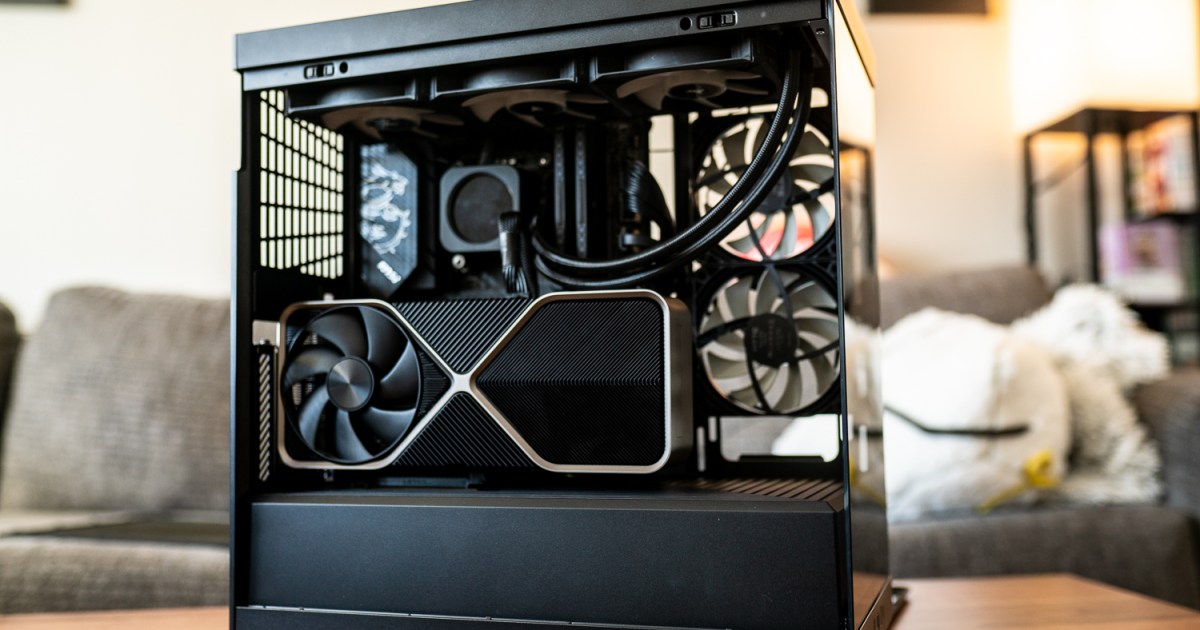Rivian and Volkswagen Group have finalized a multi-billion-dollar joint venture to develop software, paving the way to let the German auto giant leverage the EV startup’s more technical chops in the coming years. Volkswagen will invest up to $5.8 billion by 2027, about 16% more than when the deal was first announced in June.
Volkswagen Group has already made an initial investment of $1 billion in the form of a convertible note.
The new joint venture — Rivian and Volkswagen Group Technologies — will officially kick off November 13 as an independent company. And, if successful, it could be a boon for both companies. Rivian gets a needed injection of capital and the potential of diversifying its business, while VW Group gains a next-generation electrical architecture and software for EVs that will help it better compete. Both companies argue the joint venture will reduce development costs and help scale new technologies more quickly.
VW, and more specifically its software arm Cariad, has struggled in recent years to deliver what some in the industry have dubbed a “software-defined vehicle.” This jargon industry term, sometimes abbreviated to SDV, means any car, truck or SUV with capabilities that can be upgraded (or even new functions added) over time via software. Automakers view these so-called software-defined vehicles as a new way to make money via in-car entertainment and services.
Earlier this year, Rivian started producing the next-generation of its R1T pickup truck and R1S SUV, an upgrade that reworked the guts of its vehicles, including a new electrical architecture and compute platform. That new electrical architecture is seen internally as a key innovation at Rivian and one that allows the company to wirelessly update software.
The companies designed the joint venture as a 50-50 partnership with co-CEOs, who will report into both Rivian and Volkswagen Group. Rivian’s head of software Wassym Bensaid and Carsten Helbing of Volkswagen Group will lead the joint venture. Developers and software engineers from both companies will join the joint venture, according to Rivian and VW. The team will be based initially in Palo Alto, California. Three other sites are in development in North America and Europe, the companies said Tuesday.
The JV team plans to use the existing Rivian electrical architecture and software technology stack, enabling the launch of Rivian’s R2 in the first half of 2026 and support the expected launch of the first models from the Volkswagen Group as early as 2027, the companies said.
Last month at Disrupt 2024, Bensaid described the joint venture as an opportunity for Rivian to bring its software to multiple brands, including the VW spinoff Scout. He said each brand that uses the joint venture’s software will “continue to have their own identity,” as well as “their own features.”
“We’re enabling competition,” he said at the time.
Sean O’Kane is a reporter who has spent a decade covering the rapidly-evolving business and technology of the transportation industry, including Tesla and the many startups chasing Elon Musk. Most recently, he was a reporter at Bloomberg News where he helped break stories about some of the most notorious EV SPAC flops. He previously worked at The Verge, where he also covered consumer technology, hosted many short- and long-form videos, performed product and editorial photography, and once nearly passed out in a Red Bull Air Race plane.
Kirsten Korosec is a reporter and editor who has covered the future of transportation from EVs and autonomous vehicles to urban air mobility and in-car tech for more than a decade. She is currently the transportation editor at TechCrunch and co-host of TechCrunch’s Equity podcast. She is also co-founder and co-host of the podcast, “The Autonocast.” She previously wrote for Fortune, The Verge, Bloomberg, MIT Technology Review and CBS Interactive.
Subscribe for the industry’s biggest tech news




















 English (US) ·
English (US) ·